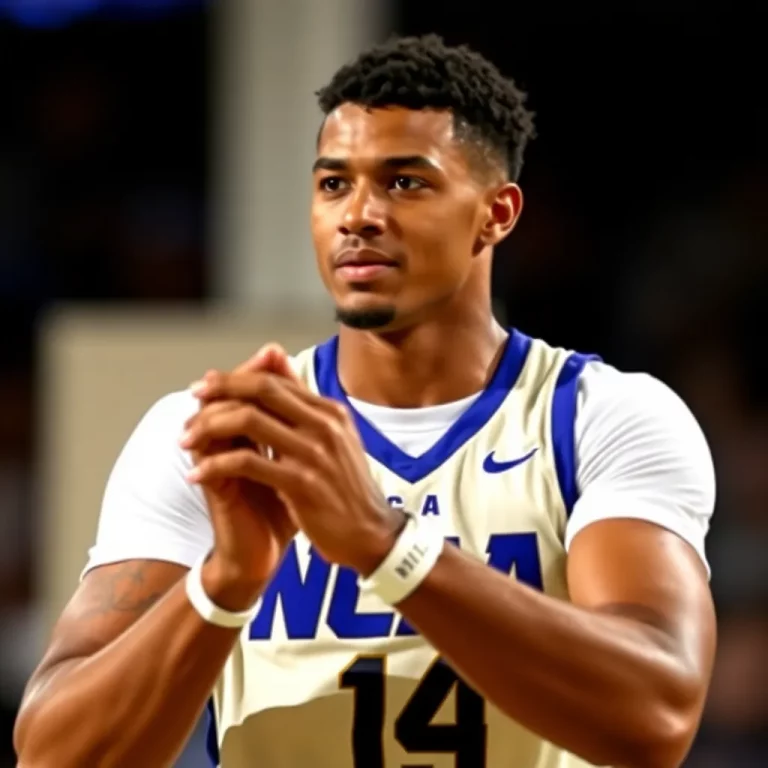NCAA Athlete Compensation Settlement Hits a Snag in California
In a significant ruling from California, U.S. District Judge Claudia Wilken announced on Wednesday that she cannot approve a proposed settlement related to athlete compensation cases against the NCAA and Power Five conferences. The settlement was initially designed to pay out $2.8 billion to current and former athletes over a period of ten years and would allow Division I schools to pay athletes for the use of their name, image, and likeness (NIL).
Judge Wilken expressed her willingness to approve the majority of the settlement, except for specific roster limits that were set to take effect on July 1. During a recent hearing, she indicated her preference for a phased approach to implement these limits, acknowledging concerns raised by numerous athletes, parents, and lawyers about potential negative impacts on student-athletes.
Despite Wilken’s suggestions, the party responsible for submitting the revised agreement chose not to alter the roster limits, creating uncertainty for many involved. An anonymous athletic director described the situation as “insanity,” while another pointed out that the issue could be easily resolved.
The judge instructed both the NCAA and the parties involved to consult with a mediator within fourteen days to explore possible changes to the agreement—particularly regarding the roster limits. Wilken emphasized that any approved settlement must treat all athletes equitably. Her ruling highlighted the potential harm to athletes who might lose roster spots due to the immediate implementation of the proposed changes.
With the clock ticking, both sides are under pressure to reach a workable solution that satisfies Judge Wilken’s requirements. The NCAA released a statement saying that they are closely reviewing Wilken’s order and are focused on securing approval for an agreement that promises increased opportunities for student-athletes.
Lawyers representing objecting athletes expressed optimism, noting that Judge Wilken had overruled all but one objection. They believe that with this ruling, they can persuade the NCAA to adjust the roster limits accordingly. “The judge followed the law,” one lawyer stated, indicating a willingness to work toward an amicable resolution.
As the situation develops, the future of NCAA compensation reforms remains uncertain. The ruling has sparked widespread reactions, with many involved hoping for a resolution that benefits all sides while promoting fairness in college sports.



